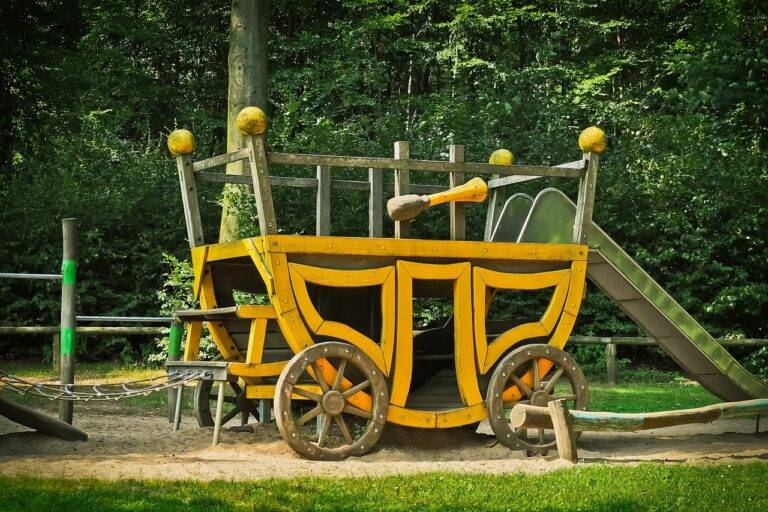Analyzing the Influence of Cultural Heritage on Entertainment Industry Trends
Culture and heritage have always played a significant role in shaping the entertainment industry. Through the preservation and celebration of diverse traditions, entertainment trends often reflect the values and beliefs of different societies. This connection between cultural heritage and entertainment industry trends highlights the importance of honoring and showcasing various ways of life through different forms of media, such as film, music, and art.
Furthermore, the incorporation of cultural heritage in entertainment not only serves as a source of representation for different communities but also fosters a sense of inclusivity and understanding among audiences. By drawing inspiration from traditional practices and stories, entertainment creators have the opportunity to provide unique and authentic narratives that resonate with viewers on a deeper level, bridging gaps between cultures and promoting mutual appreciation and respect.
The Role of Tradition in Shaping Entertainment Choices
Entertainment choices are deeply intertwined with traditions that have been passed down through generations. These traditions serve as a guiding force, influencing the types of entertainment individuals gravitate towards. Whether it’s the preference for classic music genres or a fondness for timeless storytelling, tradition plays a crucial role in shaping our entertainment landscape.
Moreover, traditions provide a sense of comfort and familiarity in entertainment, offering a way for individuals to connect with their cultural roots. Embracing these traditions in entertainment choices can evoke feelings of nostalgia and pride, creating a sense of belonging and identity within a rapidly evolving industry. By honoring and incorporating traditional elements into entertainment, creators can craft experiences that resonate deeply with audiences and stand the test of time.
How Cultural Heritage Shapes Creative Storytelling in Entertainment
Cultural heritage plays a crucial role in shaping the creative storytelling seen in the entertainment industry today. Stories passed down through generations influence the themes, characters, and settings in movies, TV shows, and books. These cultural influences add depth and authenticity to the narratives, making them relatable and engaging for audiences around the world.
By drawing inspiration from cultural heritage, storytellers are able to incorporate unique perspectives and traditions into their work. This not only enriches the storytelling experience but also allows for a broader representation of diverse cultures on screen and in literature. Through the exploration of cultural heritage, creatives can craft narratives that resonate with viewers on a deeper level, fostering a greater appreciation for different traditions and experiences.
How does cultural heritage impact entertainment industry trends?
Cultural heritage influences the types of stories, themes, and characters that resonate with audiences, leading to trends in the entertainment industry.
What role does tradition play in shaping entertainment choices?
Tradition can inform the types of stories that are told, the visuals that are used, and the values that are portrayed in entertainment, shaping audience preferences and choices.
How does cultural heritage shape creative storytelling in entertainment?
Cultural heritage provides a rich source of inspiration for storytellers, influencing narratives, settings, and characters in creative works across various forms of entertainment.







